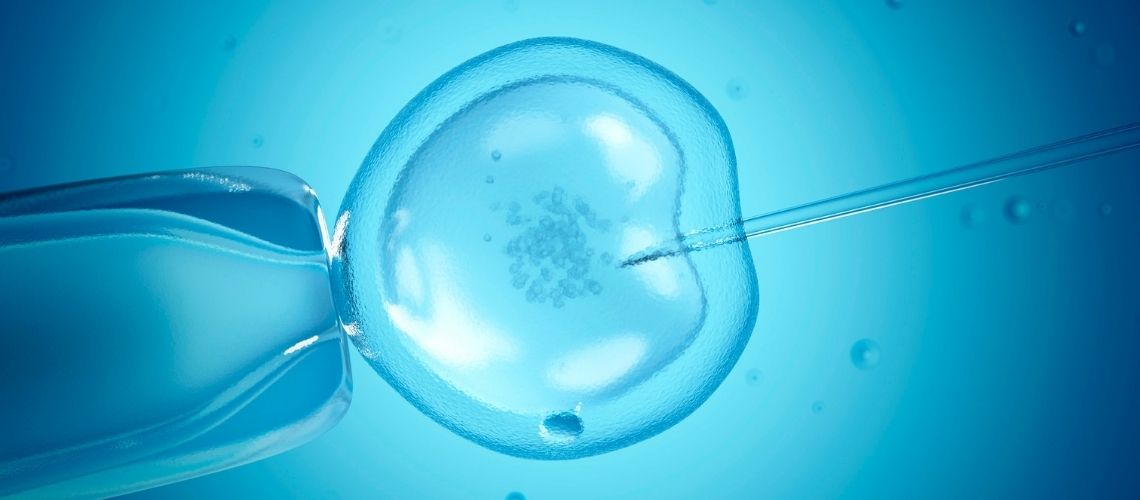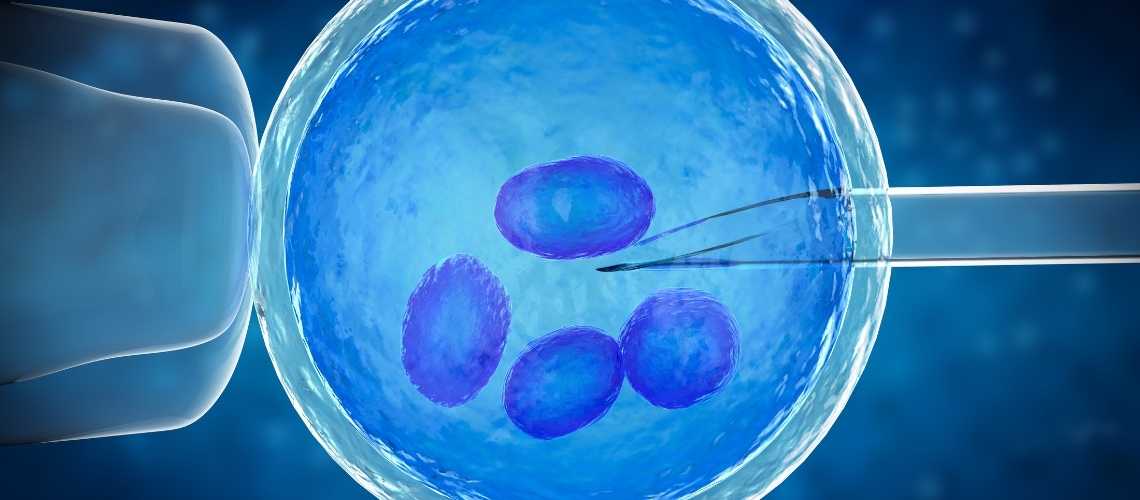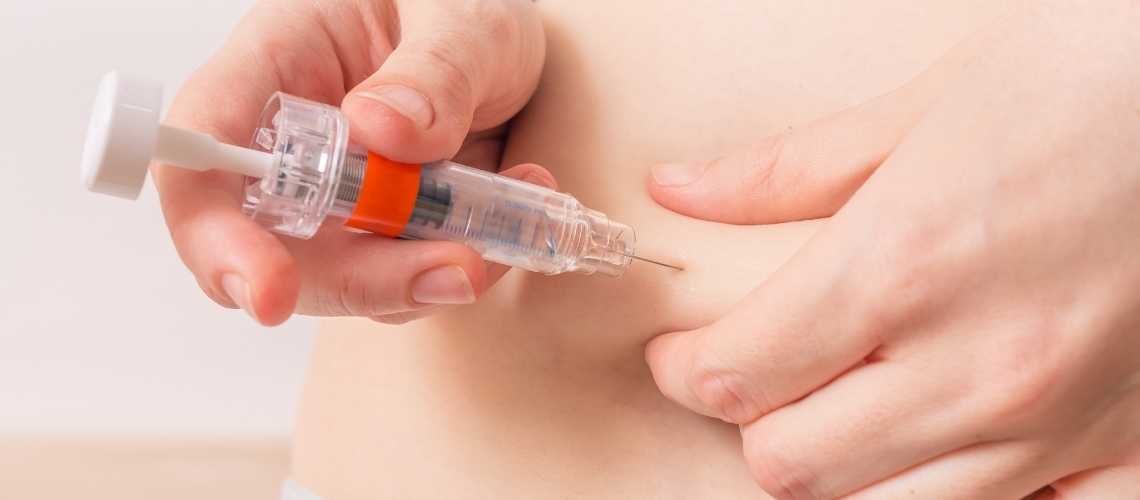IVF is a widely used fertility treatment, but it is not suitable for everyone. Success depends on factors such as ovarian reserve, sperm quality, uterine health, and underlying medical conditions that may affect treatment outcomes.
Certain conditions, including severely diminished ovarian function, advanced maternal age, or serious systemic illnesses, may limit the effectiveness of IVF. In such cases, alternative approaches like donor eggs or surrogacy may be recommended.
Eligibility for IVF is determined through comprehensive evaluation, including hormonal testing, semen analysis, and uterine assessment. These investigations help physicians tailor treatment strategies to individual needs.
While IVF offers hope to many couples, realistic expectations and thorough medical consultation are essential. Not every patient achieves pregnancy through IVF, and success rates vary depending on individual circumstances.
What is IVF?
The most common treatment for couples with fertility problems is IVF. In IVF treatment, eggs are collected from the ovaries of the expectant mother and fertilized with sperm from the father-to-be in a laboratory environment.
The egg is fertilized and is called an embryo. The embryo is then transferred back to the mother’s uterus to grow and develop. Apart from the woman’s eggs and her husband’s sperm, IVF can also be performed using eggs and sperm from donors. (2)
Who are the best candidates for IVF?
IVF is potentially a good option for couples who have one of these six infertility diagnoses.
- The woman has endometriosis
Similar to women with tubal issues, endometriosis sufferers might accumulate a variety of scar tissue and adhesions around the ovaries and fallopian tubes, which can occasionally make it more challenging to conceive.
- The woman has blocked tubes
IVF was first designed to help women whose fallopian tubes were obstructed, damaged, or absent. Many women with tubal issues discover that IVF helps them conceive because the IVF treatment totally avoids the fallopian tubes. Due to pelvic inflammatory illness and previous procedures that may have left abdominal scar tissue, the tubes are frequently obstructed by this tissue.
- The man has male-factor infertility issues
If your partner suffers from male factor infertility, such as a low sperm count or other sperm abnormalities, you might potentially benefit from IVF. For males with low sperm counts, intracytoplasmic sperm injection (ICSI) is the method of choice because it uses just one healthy sperm to fertilize an egg during IVF.
- The couple has unexplained infertility
Couples that experience unexplained infertility are also excellent IVF candidates. These couples have undergone testing for potential fertility issues, but they are still having trouble becoming pregnant naturally without the use of fertility medications or intrauterine insemination (IUI).
- The woman has polycystic ovarian syndrome (PCOS) or abnormal ovulation cycles
Ovulation does not occur in women with PCOS because of a complex hormonal imbalance. Women with PCOS can utilize IVF to conceive just like women with irregular ovulatory periods because fertility medicines can be used to promote ovulation and create healthy eggs.
- The woman has decreased ovarian reserve
It becomes more challenging to conceive as women age because their eggs are of lower quality. IVF can be successful for women who are unable to produce healthy eggs yet want to use donated eggs. For women of all ages, using donor eggs during IVF results in similar pregnancy rates, and roughly 50% of women who attempt IVF with donor eggs are successful. (3)
What are the chances of success?
Every woman’s IVF success rate is different. This rate varies based on the patient’s age and the underlying reason for her infertility.
Younger women have consistently been proven to have higher pregnancy success rates. IVF is typically not advised for women beyond the age of 42 because the likelihood of a successful pregnancy is thought to be quite low. (4)
Are there any risks associated with IVF?
In vitro fertilization, known as IVF, offers hope to many seeking to start a family. Nonetheless, it carries specific risks warranting attention. Primarily, the process might lead to multiple pregnancies. Indeed, the implantation of several embryos is a common practice to enhance success rates. Consequently, this elevates the odds of twins or even higher-order multiples. Such scenarios can precipitate complications, including premature birth and infants with low birth weight.
Moreover, another concern is Ovarian Hyperstimulation Syndrome (OHSS). Fertility drugs, pivotal in the IVF procedure, can overly stimulate the ovaries, triggering OHSS. This condition varies in severity, with some cases necessitating hospital care.
Furthermore, the potential for miscarriage remains akin to natural conception, albeit slightly elevated with IVF. Additionally, there exists the risk of ectopic pregnancy, where the embryo attaches outside the uterus, posing a serious health threat.
Side effects stemming from IVF medications also merit consideration. These can range from discomfort at the injection site to more pronounced symptoms like nausea and headaches.
Lastly, the procedure has been associated with a marginally higher incidence of birth defects. Importantly, this risk is thought to be more closely linked to factors such as maternal age rather than the IVF process itself.
Source:
Kovacs, G. T. (1999). What factors are important for successful embryo transfer after in-vitro fertilization?. Human Reproduction, 14(3), 590-592.








